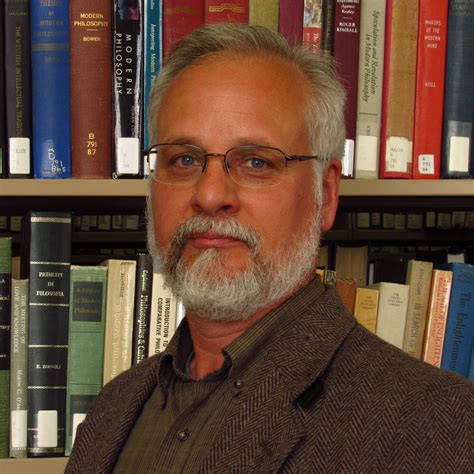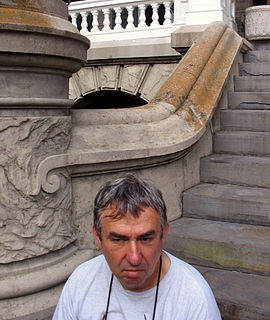A Quote by Kenneth Clark
The eye instinctively looks for analogies and amplifies them, so that a face imagined in the pattern of a wallpaper may become more vivid than a photograph.
Related Quotes
But the sun itself, however beneficent, generally, was less kind to Coketown than hard frost, and rarely looked intently into any of its closer regions without engendering more death than life. So does the eye of Heaven itself become an evil eye, when incapable or sordid hands are interposed between it and the thing it looks upon to bless.
To chart a course, one must have a direction. In reality, the eye is no better than the philosophy behind it. The photographer creates, evolves a better, more selective, more acute eye by looking ever more sharply at what is going on in the world. Like every other means of expression, photography, if it is to be utterly honest and direct, should be related to the life of the times-the pulse of today. The photograph may be presented as finely and artistically as you will, but to merit serious consideration, must be directly connected with the world we live in.
Parenting forces us to get to know ourselves better than we ever might have imagined we could--and in many new ways. . . . We'll discover talents we never dreamed we had and fervently wish for others at moments we feel we desperately need them. As time goes on, we'll probably discover that we have more to give and can give more than we ever imagined. But we'll also find that there are limits to our giving, and that may be hard for us to accept.
At that moment, Harry fully understood for the first time why people said Dumbledore was the only wizard Voldemort had ever feared. The look upon Dumbledore's face as he stared down at the unconscious form of Mad-Eye moody was more terrible than Harry could have ever imagined. There was no benign smile upon Dumbledore's face, no twinkle in the eyes behind the spectacles. There was cold fury in every line of the ancient face; a sense of power radiated from Dumbledore as though he were giving off burning heat.
I say then, that belief is nothing but a more vivid, lively, forcible, firm, steady conception of an object, than what the imagination alone is ever able to attain. This variety of terms, which may seem so unphilosophical, is intended only to express that act of the mind, which renders realities, or what is taken for such, more present to us than fictions, causes them to weigh more in the thought, and gives them a superior influence on the passions and imagination.
In heaven there is laid up a pattern which he who chooses may behold, and beholding, set his own house in order. The time has now arrived at which they must raise the eye of the soul to the Universal Light which lightens all things. With the eye ever directed toward things fixed and immutable which neither injure nor are injured - these they cannot help imitating. But I quite admit the difficulty of believing that in every man there is an eye of the soul which by the right direction is re-illumined, and is more precious far than ten thousand bodily eyes.
Poets say science takes away from the beauty of stars-mere globs of gas atoms. Nothing is "mere". I too see the stars on a desert night, and feel them. But do I see less or more? ...What is the pattern, or the meaning, or the why? It does not do harm to the mystery to know a little more about it. For far more marvelous is the truth than any artists of the past imagined it.
As with Hobbes, we see again, the power of fiction. Rousseau's acount of natural man was no more real than Hobbes's, but following the same pattern, once it became the accepted story of human origins, it thereby exercised the power of a self-fulfilling prophecy. In imagining Rousseau to be right, we have become what Rousseau imagined.
None of the chase scenes that I did had any opticals. We had to do all of that physically. The first thing you have to do is see it in your mind's eye. You have to envision it. Imagine someone knitting a sweater or a scarf. They either have a pattern in front of them, or they see a pattern in their mind's eye. Then it's one stitch at a time. That's what shooting a chase is like.
Too many of us are not living our dreams, because we are living our fears. Decide to become fearless. Face the thing you fear the most. You're stronger than you give yourself credit for.
If you can laugh at it. You can move past it. You have the ability to do more than you have ever hoped, imagined or dreamed. You have GREATNESS within you!
One of the magical things about photography is the transformation that takes place when you photograph something. Something that inherently has very little going for it in terms of the interest you take in it, can become infinitely more interesting when rendered as a photograph. It's no longer a building. It's a photograph.

































